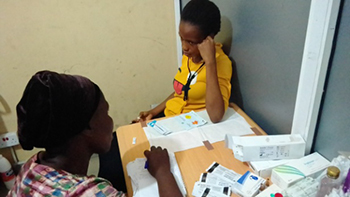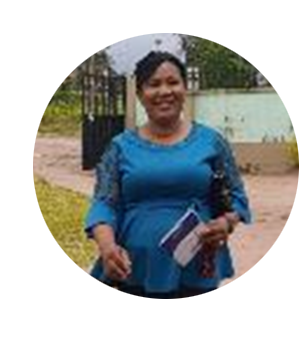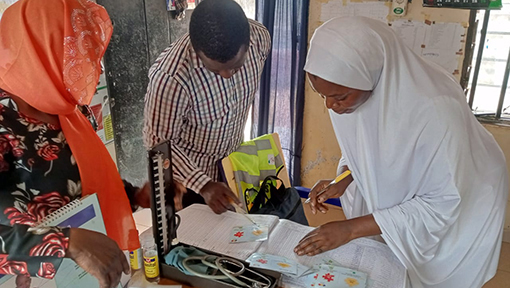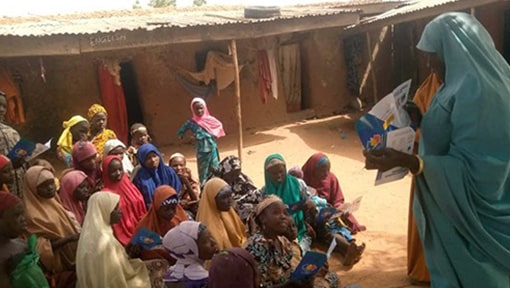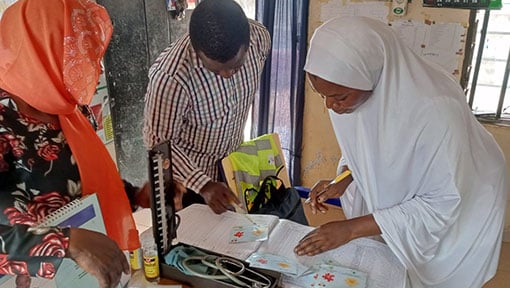Empowering Women with Family Planning through Voluntary Mobilization in Abia State, Nigeria
Contributor: Priscilla Omang
In commencing demand generation activities in Abia state, TCI trained indigenous people of Abia state on social and behavior change communication (SBCC) and subsequently inaugurated an SBCC committee comprising of members of civil society organizations (CSOs), youth associations, government agencies and parastatals, and local government area (LGA) health educators. One of the key functions of the committee is to leverage on indigenous events to sensitize men and women of child-bearing age on family planning. Increased sensitization on family planning has been achieved through members of the SBCC committee in the state who voluntarily conduct mobilization activities. In Ohafia LGA, the LGA health educator conducted voluntary mobilization activities – meaning that she conducted the mobilization activities on her own without any special campaign or reimbursement from TCI – and positively impacted the lives of the following three women who decided to access family planning services as a result of her efforts.
Speaking on her motivation to conduct voluntary mobilization activities, the Ohafia LGA health educator explained:
I know what women go through, how they suffer and how badly they feel ashamed when they have unplanned pregnancies. Some are mistreated by their husbands and are treated like harlots who have high desire for sex and I feel it so much. I know some women who panic a lot each time their menses does not come. One of the ladies I reached was almost thrown out of her marriage when she got pregnant with her fourth child because her husband wanted only three children. Most women do not want to have more children but do not know how to go about it. Most of them have concerns about side effects and misconceptions. I feel if I am able to address their fears, [then] they can access FP services and will be happier. I feel I have a responsibility to meet the plights of women; that is what motivates me to do voluntary mobilization.”
Some of the women reached by the LGA health educator shared their journey to family planning uptake.



